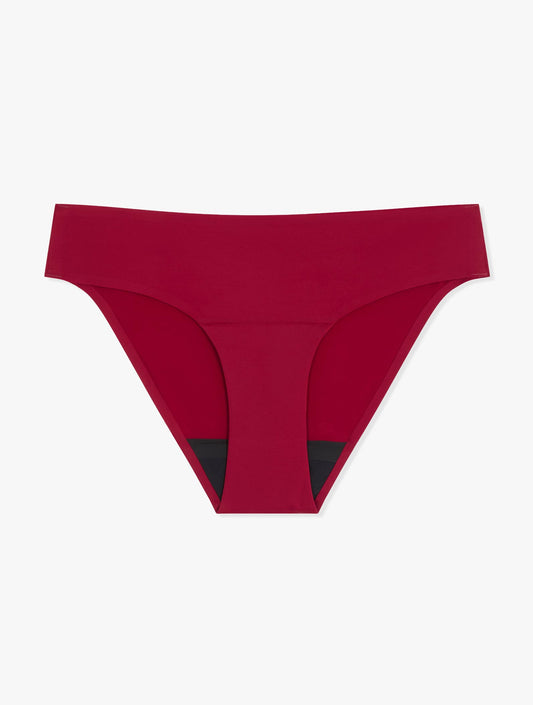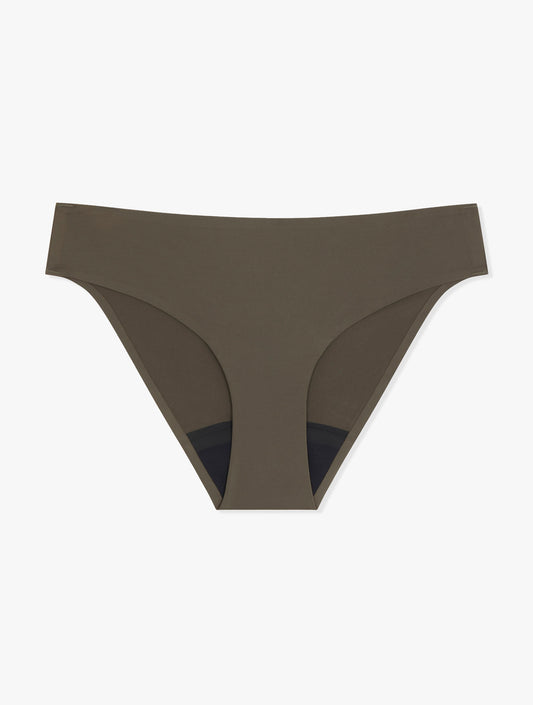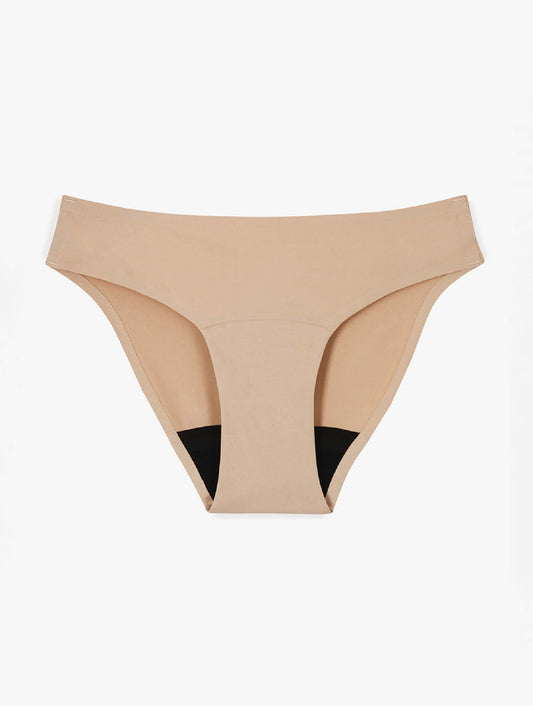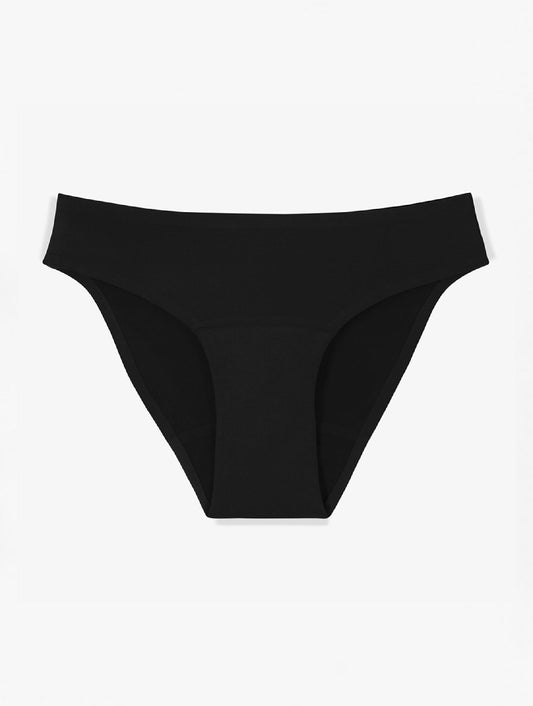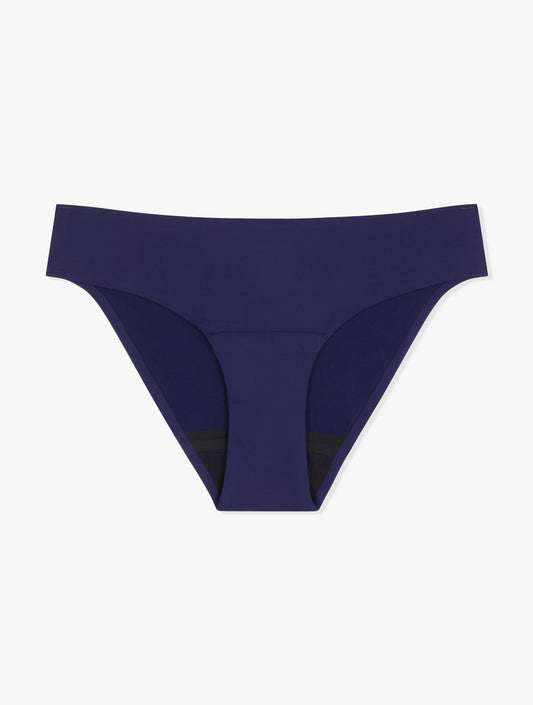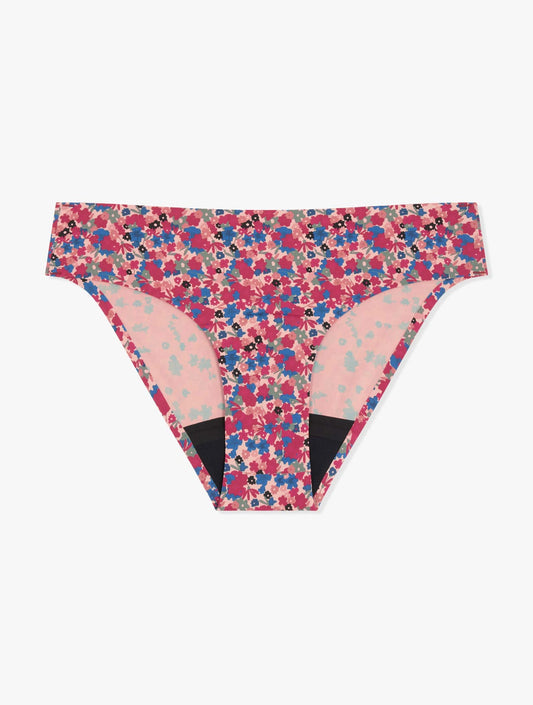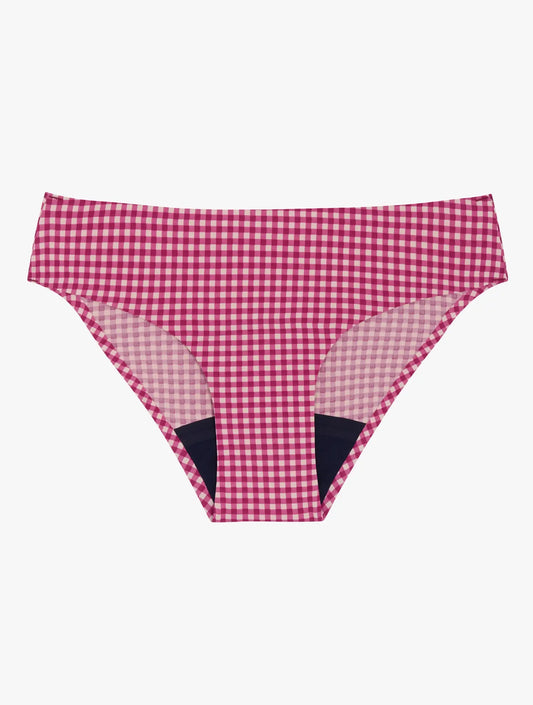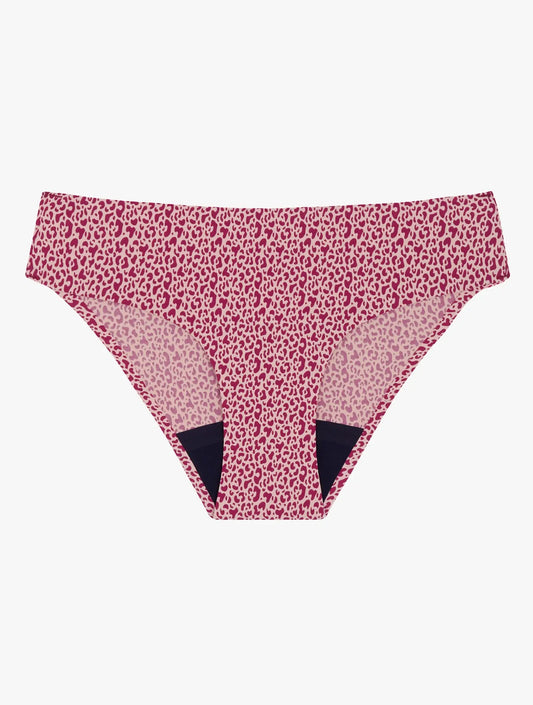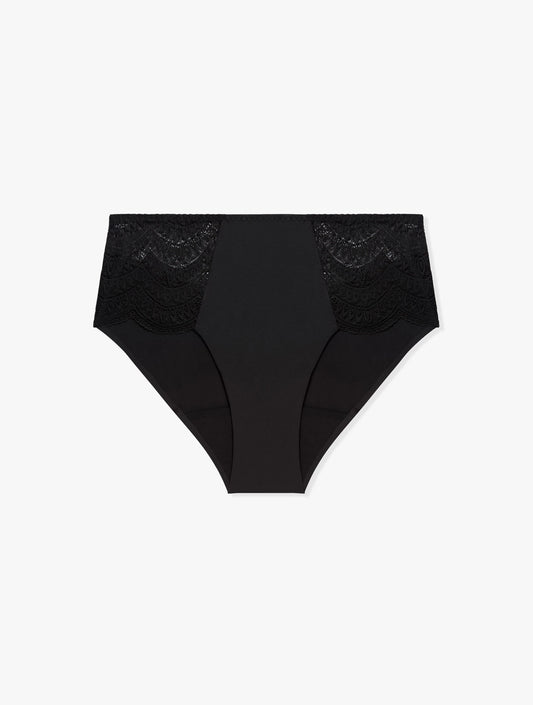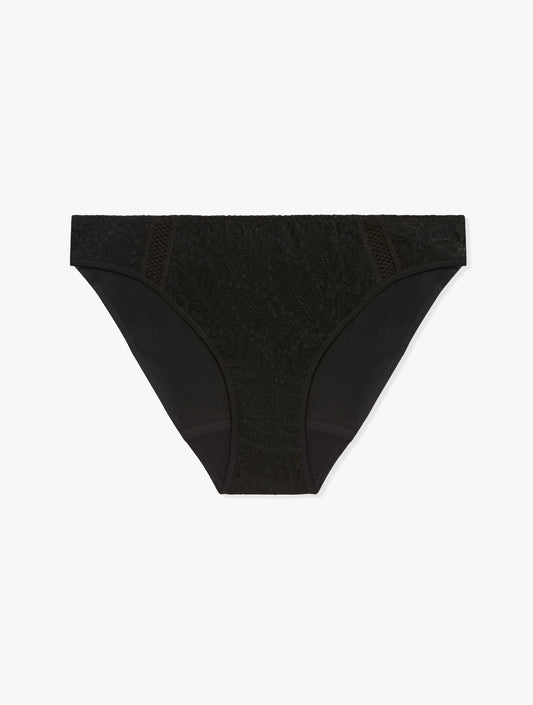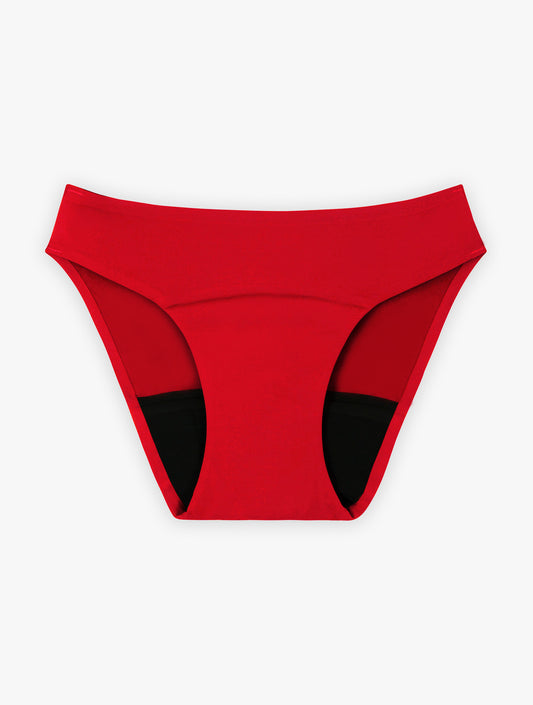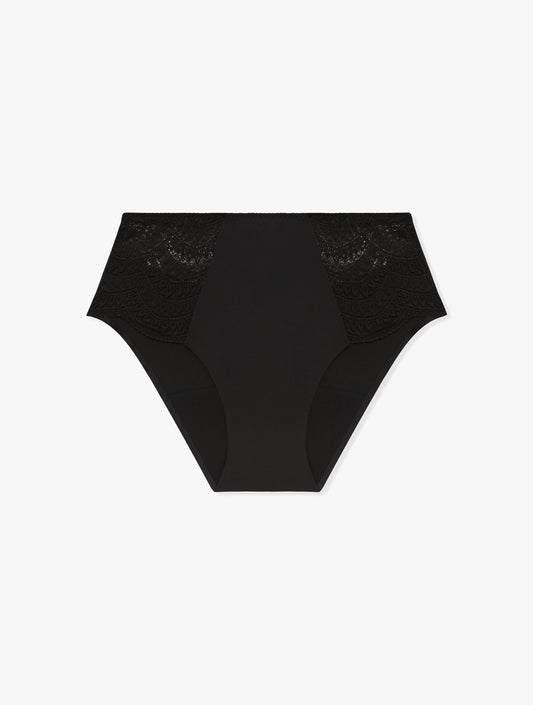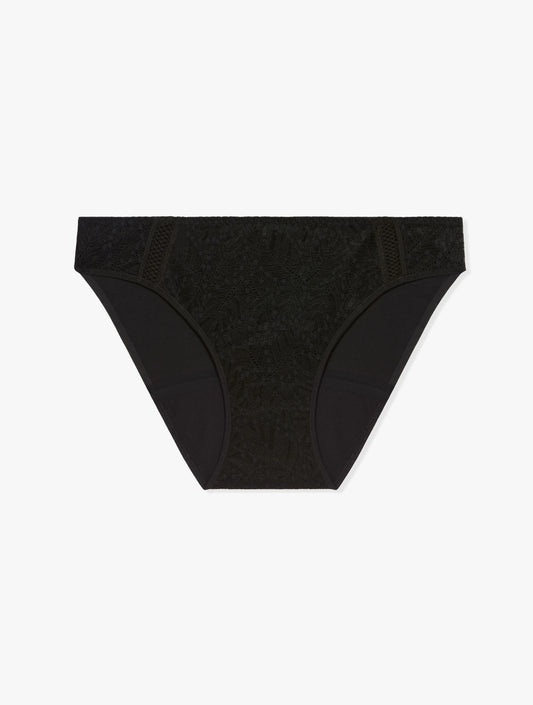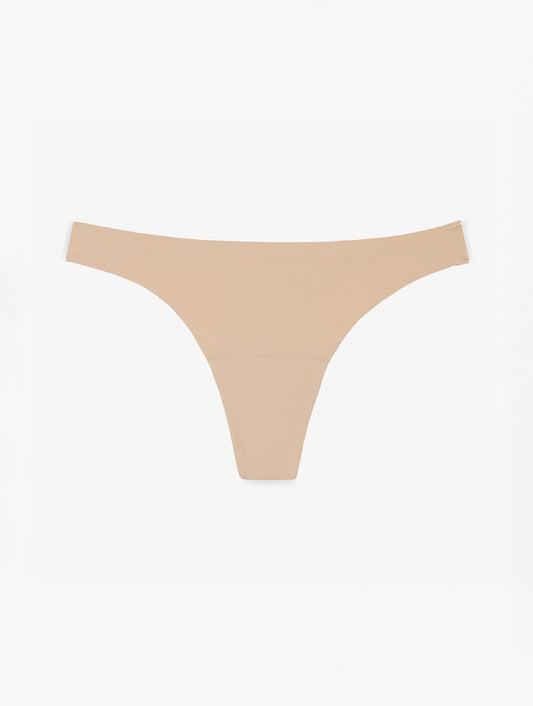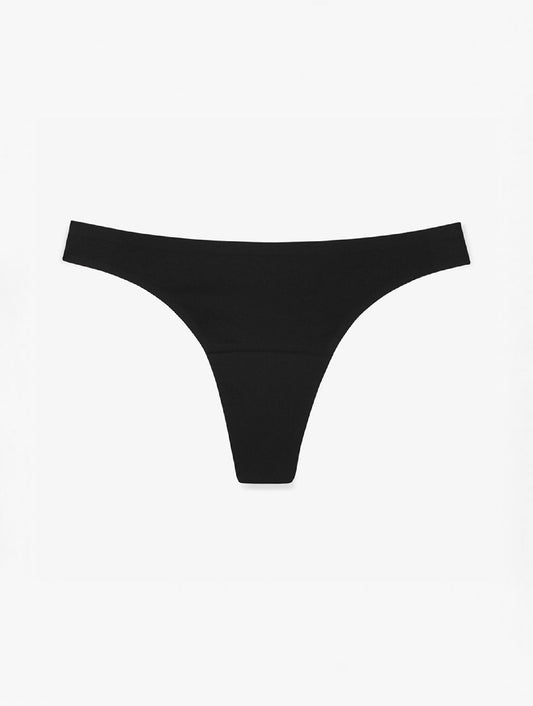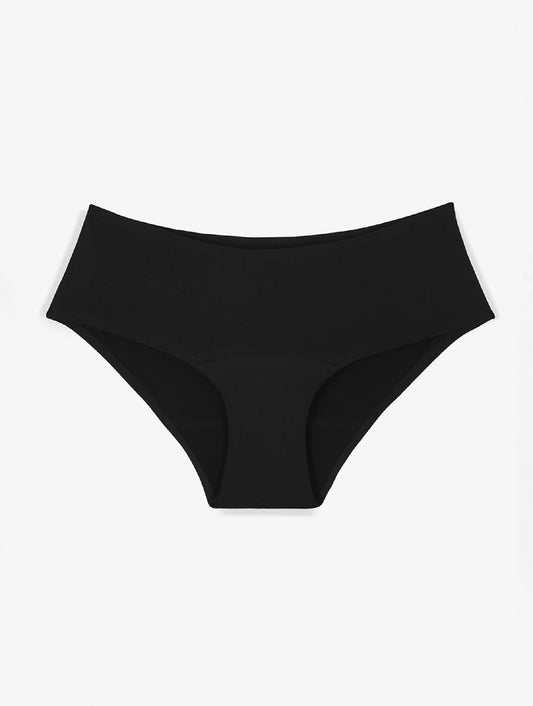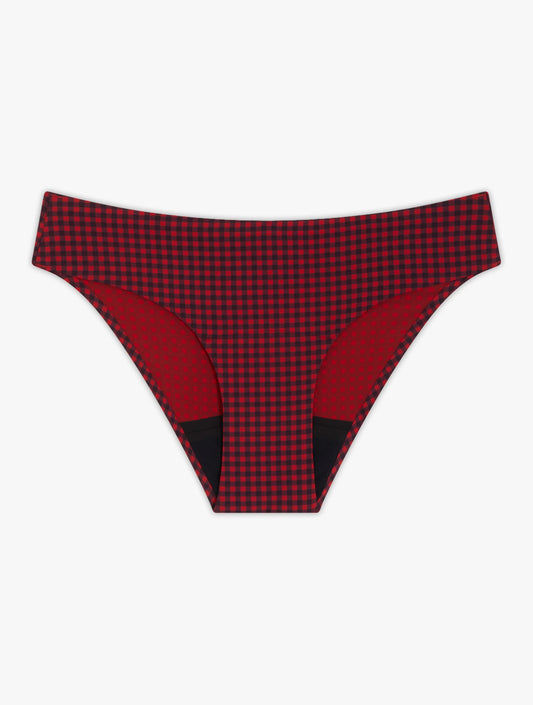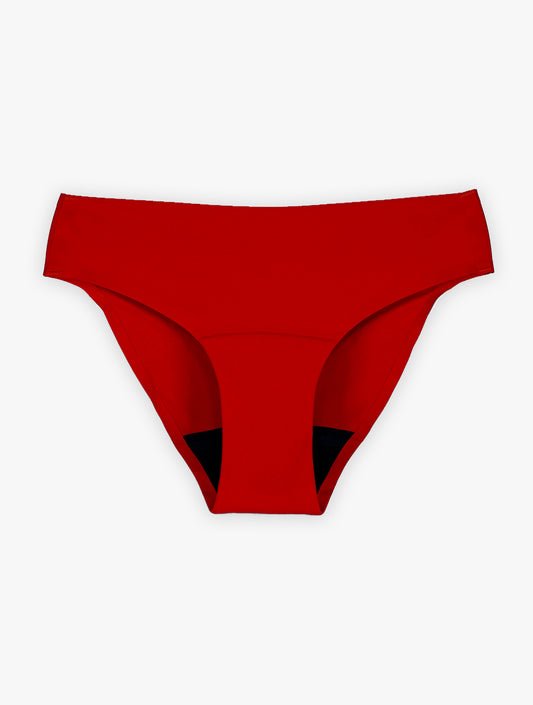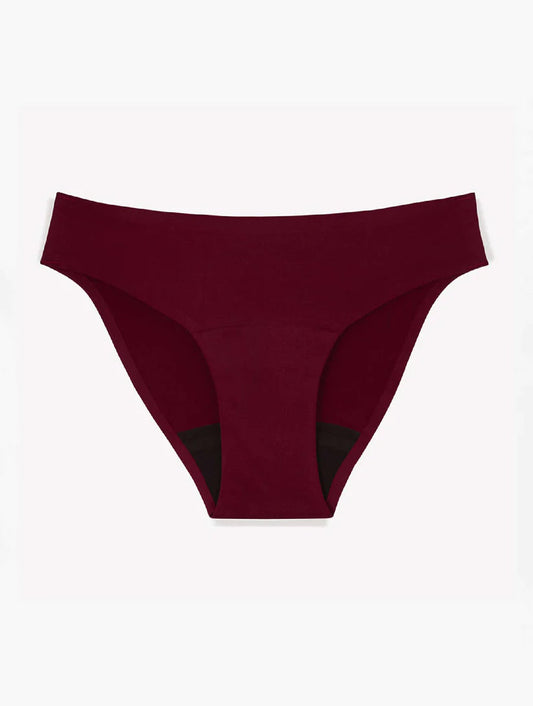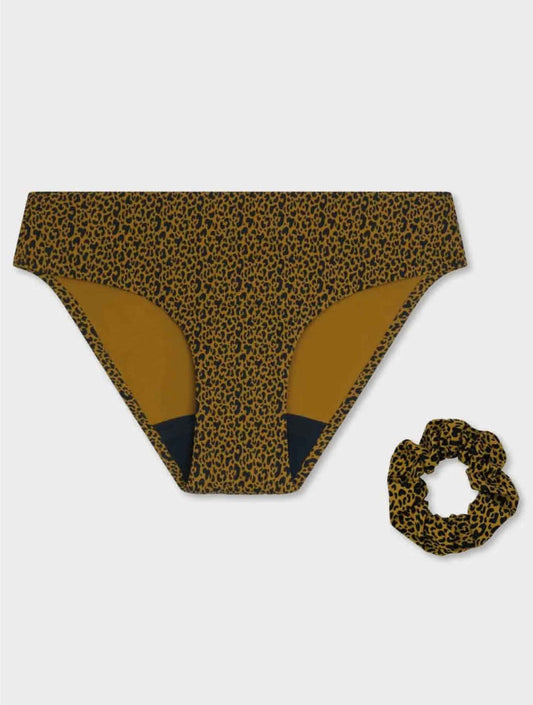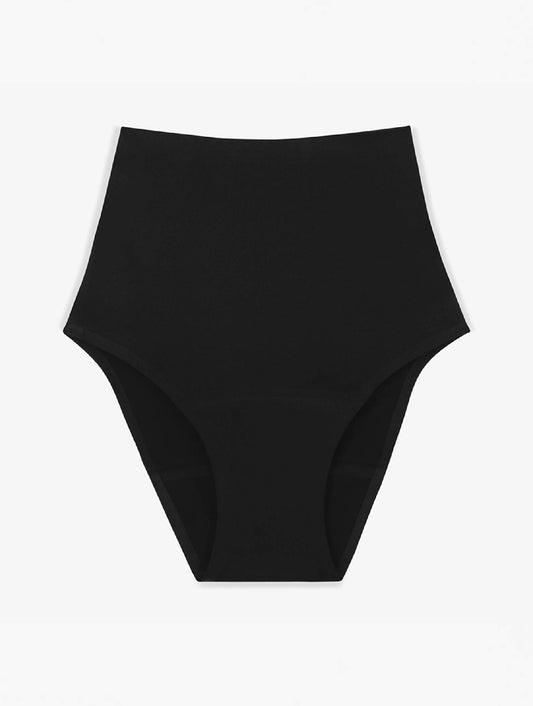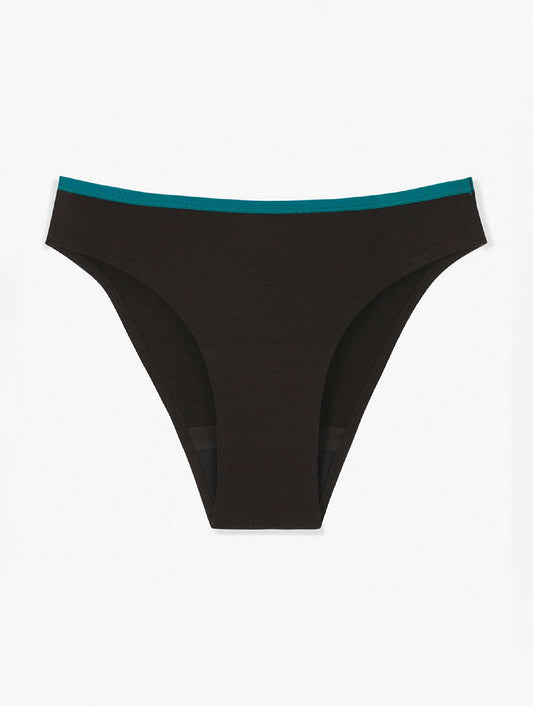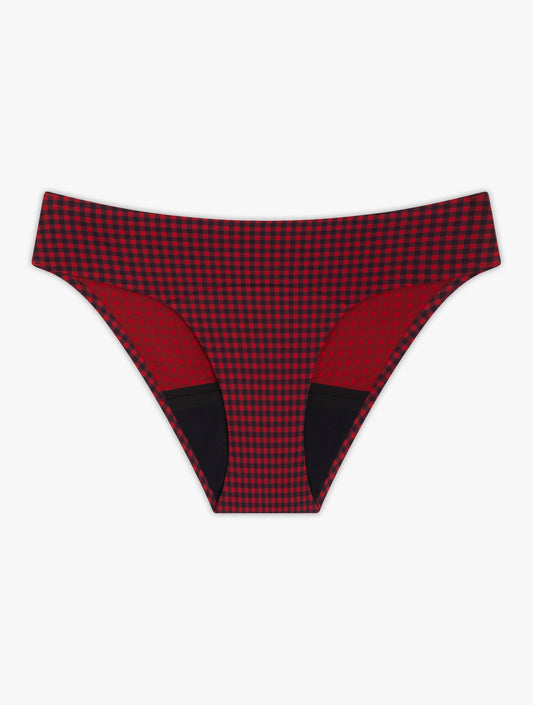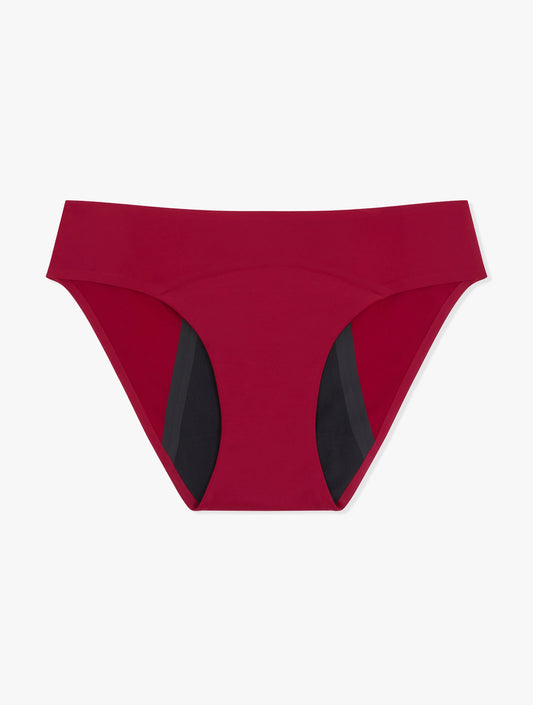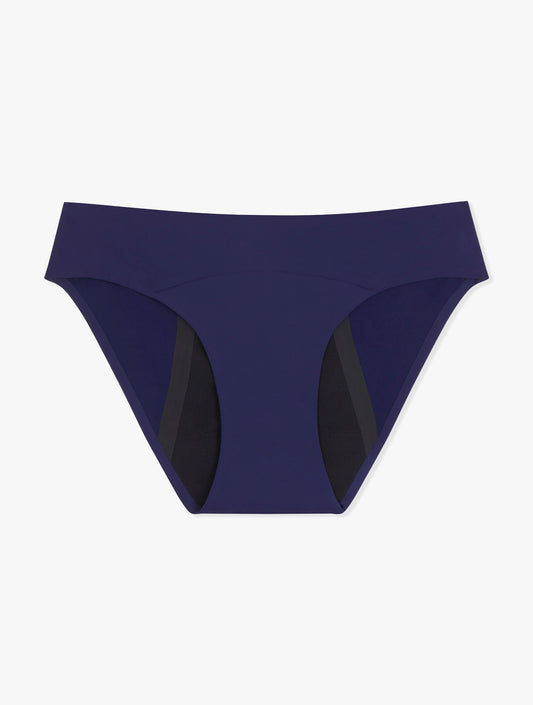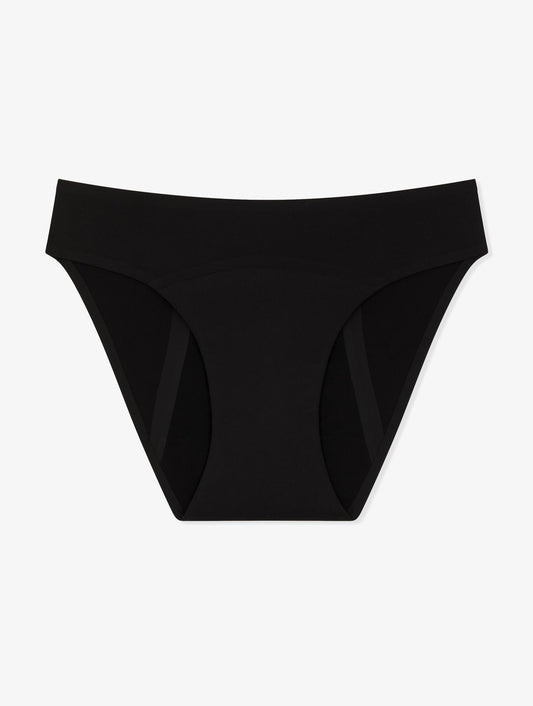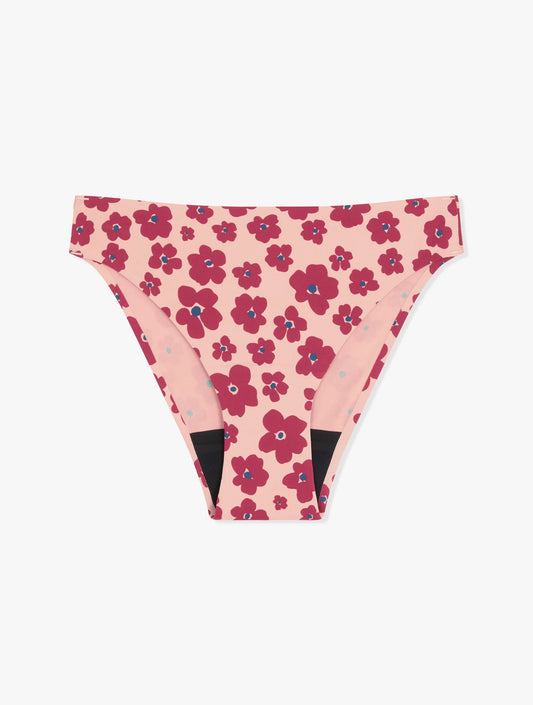Where do period pains come from?
Many women suffer from period pain every month, a little, a lot intensely. In adolescence, the pains invite themselves almost every month. In young women, if the pain subsides over time, it continues to poison the lives of 50% of them.
Where do period pains come from? What to do to relieve them? When are there complications? We lift the veil on the causes of painful periods, a sensitive subject that affects one in two women, at least, 60 days out of 365.

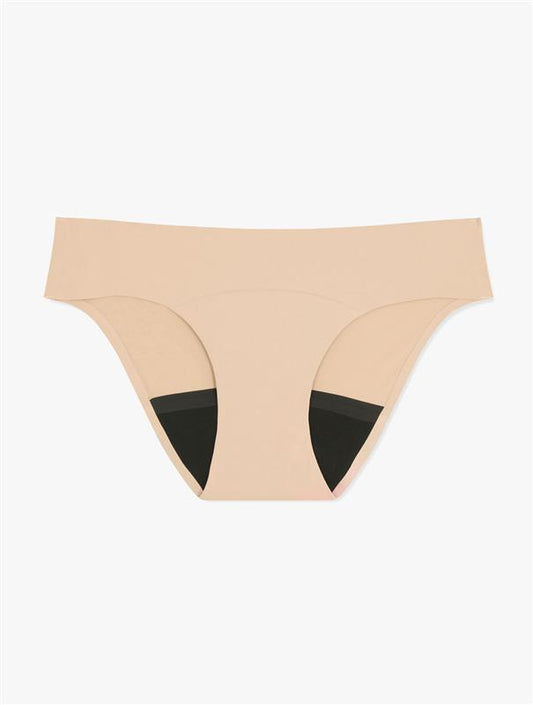
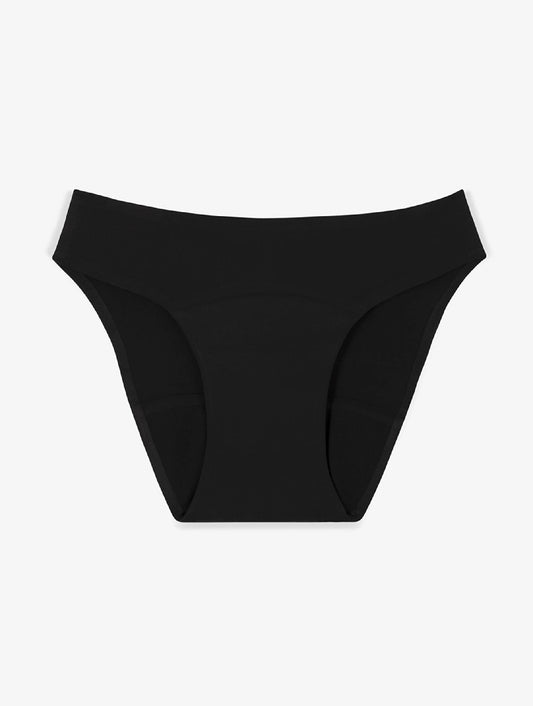
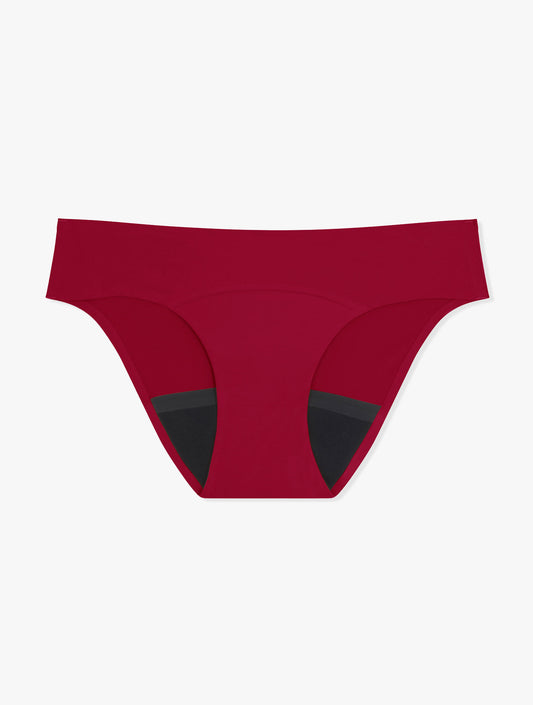
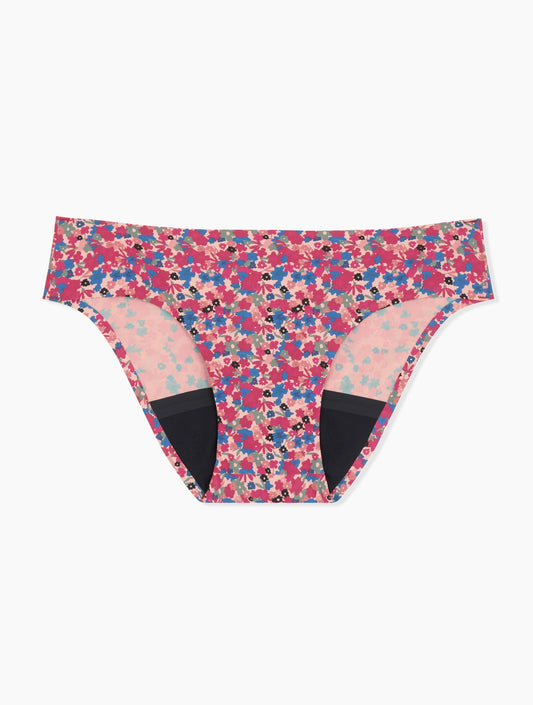

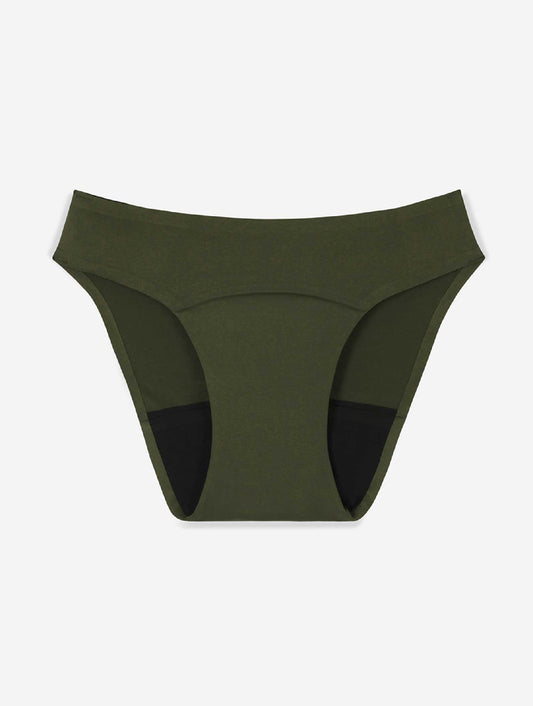
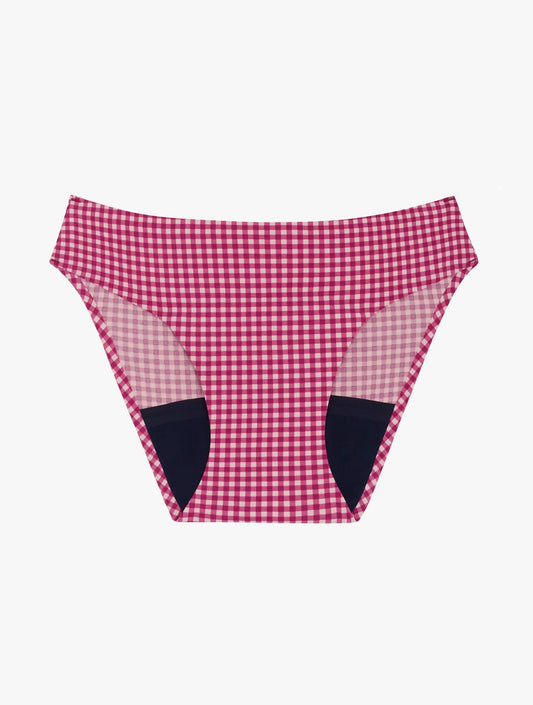
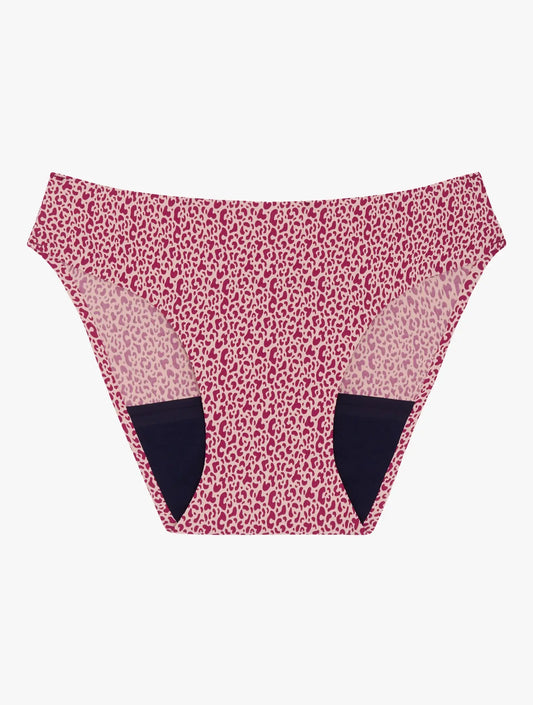
What is dysmenorrhea?
Pain caused by menstruation is called dysmenorrhea in medical parlance. We speak of primary dysmenorrhea when the pain of menstruation is not related to any gynecological disease.
We speak of secondary dysmenorrhea when the causes of the pain come from pathologies such as:
- endometriosis (gynecological disease caused by fragments of the wall of the uterus also called endometrium which colonize the neighboring organs. It manifests itself by heavy bleeding and pelvic pain);
- a uterine fibroid (benign tumor located on the endometrium accompanied by pain in the lower abdomen);
- ovarian cysts (tumours containing fluid);
- a uterine polyp (usually benign growth lodged under the endometrium or in the muscles of the uterus);
- a sexually transmitted infection (STI);
- use of an IUD (method of contraception);
- a birth control pill that is too high in estrogen.
What are the symptoms of period pain?
Period pain affects many women. The first symptoms may be the following:
- bloating;
- tense breasts;
- cramps in the lower abdomen;
- kidney pain;
- tension in the thighs;
- headache ;
- nausea;
- vomiting.
For many women, these symptoms can appear up to two weeks before their period. This is called premenstrual syndrome (PMS).
What are the causes of period pain?
Menstrual pain is linked to uterine contractions that occur each month in the absence of fertilization and therefore pregnancy. Indeed, during the menstrual cycle, when the egg is not fertilized, the ovaries stop producing hormones (estrogen and progesterone). This drop in hormones associated with the production of prostaglandins has the effect of triggering uterine contractions which will help expel the endometrium and blood. In adolescence, menstrual pain comes mainly from uterine contractions caused by an overproduction of prostaglandins.
Should you talk to your doctor about period pain?
Period pain is usually not serious. However, they can signal more serious disorders such as a gynecological disease listed above. If the period pains intensify from cycle to cycle, it is advisable to talk to the doctor.
Certainly, a consultation is recommended at the first symptoms, if the period pains are accompanied by the following signs:
- abnormally heavy bleeding;
- feeling sick, intense fatigue, unusual thirst, paleness;
- unusual color or consistency of bleeding;
- possible suspicion of pregnancy.
How to relieve period pain?
Depending on the doctor's diagnosis, several treatments may be offered:
- analgesic medicine (paracetamol);
- nonsteroidal anti-inflammatory (ibuprofen or NSAID);
- antispasmodics against uterine contractions;
- hormonal supplements (treatment with progestin or birth control pills);
- vitamin supplements (magnesium and vitamin B6 acting against cramps).
Aspirin is not recommended to relieve menstrual pain, because it thins the blood, it can make bleeding more abundant. During menstruation, it is always better to opt for paracetamol or ibuprofen.
It is also possible to reduce pelvic pain with alternative medicine. In this option, do not hesitate to ask your pharmacist for advice. Among the possible solutions, we can cite:
- phytotherapy;
- homeopathy;
- naturopathy;
- aromatherapy.
Other non-drug treatments can help reduce pain. Depending on your preferences, you can choose between:
- acupuncture;
- Chinese medicine;
- Ayurveda and yoga;
- sophrology;
- hypnosis;
- reflexology;
- massage;
- relaxation.
Good to know: several studies have shown the influence of stress on painful periods. Women under severe stress are twice as likely to suffer from dysmenorrhea. Practicing relaxing activities is therefore strongly recommended in case of painful periods. Starting with a good hot bath that will help you relax and fight cramps of all kinds.
How to protect yourself during painful periods?
Your periods make you suffer and you want to find a comfortable and healthy hygienic protection? Do you dread internal protections such as tampons and cups that could rekindle your pelvic pain? No stress, we have the ideal solution: menstrual panties! Easy to put on, menstrual panties avoid adding harm to harm. Made from soft and light OEKO-TEX® STANDARD 100 certified materials, it is comfortable to wear and does not contain any harmful substances. Very absorbent (the equivalent of two to four conventional tampons depending on the model), it offers you up to 12 hours of protection.
By Virginia.

